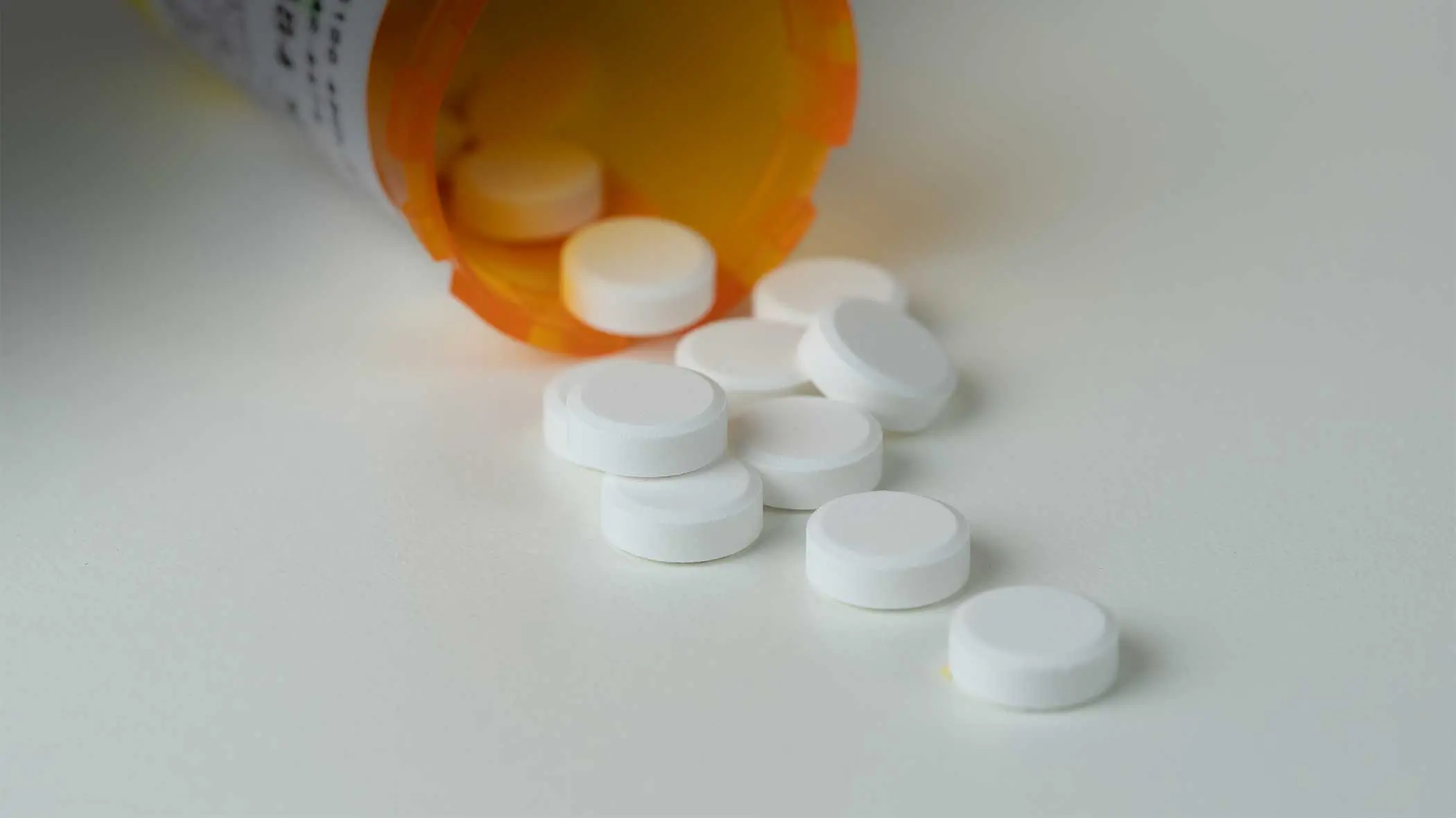
Opioids are a class of drugs or narcotics that include everything from illegal street drugs like heroin to commonly prescribed medications like Vicodin and OxyContin. They can be both naturally occurring and synthetic (man-made).
Examples of opioids include:
Opioids are known for their pain-relieving properties and also for creating a sense of euphoria within those who use them. For this reason, they are often misused and highly addictive.
The Different Types Of Opioids
The term “opioids” is a broad term that encompasses a wide variety of drugs. They are all similar in that they work with opioid receptors in the brain cells to block pain and increase pleasure.
The different types of opioids include:
- illicit (illegal) opioids
- prescription opioids
- over-the-counter (OTC) opioids
- synthetic opioids
- natural opioids
- endogenous opioids
- short-acting opioid prescriptions
- long-acting opioid prescriptions
Some of these categories are overlapping and you can find a few opioids that will fit into multiple classifications, such as morphine which is both a natural opioid and a prescription opioid.
What Do Opioids Do?
Opioids work by attaching to opioid receptors in the cells to both block pain and increase pleasure. While this may seem great, opioids can also have some uncomfortable side effects as well.
Side effects of opioids include:
- nausea
- constipation
- sleepiness
- confusion
- slow or shallow breathing
- euphoria
Because opioids are generally so strong and their side effects can be so unpleasant, doctors will typically only prescribe them for moderate to severe pain such as in the case of a major injury or surgery.
Are Opioids Dangerous?
While many opioids start off being legally prescribed or administered by a doctor, it is not uncommon for patients to continue to self-medicate after their prescription or treatment has ended.
This is because a person may become addicted to the euphoria and feelings of pleasure that opioids cause, seeking them out long after their pain has ended.
Unfortunately, as a person builds up a tolerance they will require larger and more frequent doses in order to reach their desired effects.
Is It Possible To Overdose On Opioids?
It is possible to overdose on opioids. In fact, opioids are involved in roughly 70% of all overdose deaths in the United States.
Some are easier to overdose on than others. Fentanyl, for instance, is up to 50 times the potency of heroin and up to 100 times the potency of morphine.
Someone can overdose on only 2-3 mg of fentanyl, making using it even a single time incredibly risky.
Signs of opioid overdose include:
- shallow breathing
- confusion
- loss of consciousness
- small pupils
- blue skin
When someone is experiencing an opioid overdose, it is important to get them to help immediately.
Finding Opioid Addiction Treatment
Struggling with opioid addiction can be debilitating and very scary, whether you are the one who is struggling or it is a close loved one that you are concerned about.
By calling our helpline today we can connect you with:
- medical detox programs
- family, group, and individual therapy
- inpatient and outpatient rehabilitation
- dual diagnosis treatment for co-occurring disorders
You do not have to struggle for one day longer — help is just a phone call away.
Addiction Resource aims to provide only the most current, accurate information in regards to addiction and addiction treatment, which means we only reference the most credible sources available.
These include peer-reviewed journals, government entities and academic institutions, and leaders in addiction healthcare and advocacy. Learn more about how we safeguard our content by viewing our editorial policy.
- National Institute on Drug Abuse — Prescription Opioids
https://www.drugabuse.gov/publications/drugfacts/prescription-opioids - U.S. Department of Health and Human Services — What Are Opioids?
https://www.hhs.gov/opioids/prevention/index.html - U.S. National Library of Medicine: MedlinePlus — Opioid Misuse And Addiction
https://medlineplus.gov/opioidmisuseandaddiction.html


